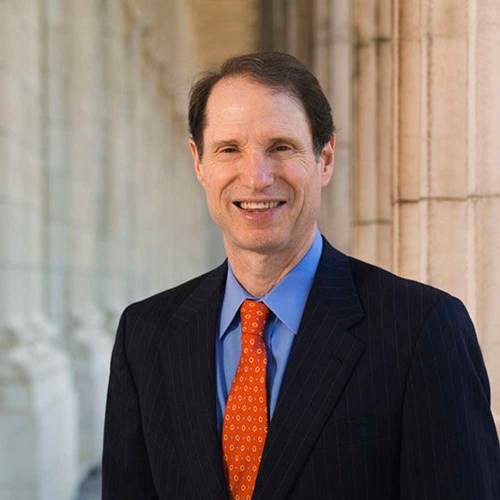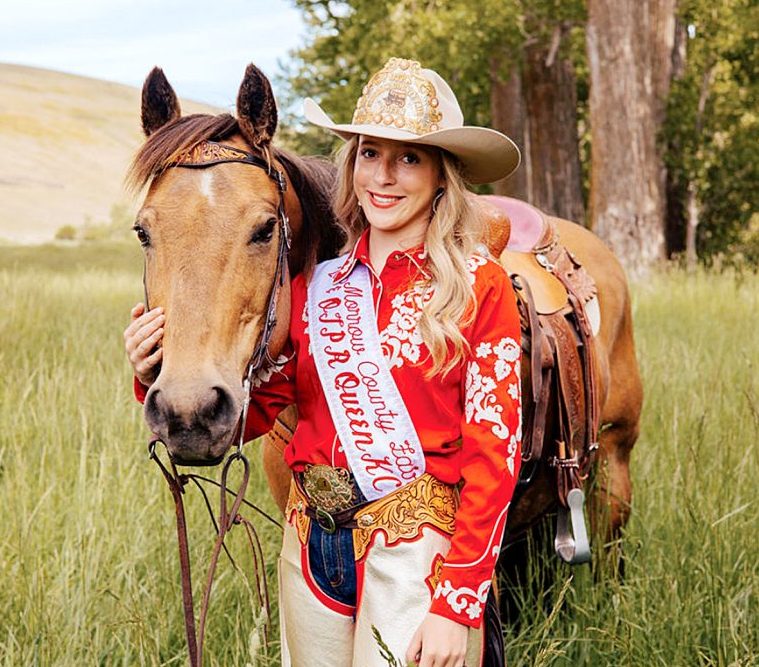Other views: Act will protect more Oregon rivers and streams
Published 6:00 am Saturday, February 27, 2021

- Wyden
Oregon is special for many reasons. But two attributes are near and dear to my heart: our state’s unmatched natural treasures and our firm commitment to democracy that I call the “Oregon Way.”
With those attributes in mind, I was proud this month, along with Sen. Jeff Merkley, to introduce the River Democracy Act.
Trending
The legislation proposes to protect our natural treasures by adding nearly 4,700 miles of rivers and streams in Oregon to the national Wild and Scenic Rivers system — the largest Wild and Scenic Rivers effort in U.S. history.
And the bill takes its name from the fact that the proposed rivers and stream additions came directly from more than 15,000 nominations submitted by Oregonians statewide.
That open public process encouraged Oregonians to nominate rivers that are outstanding for their recreation, fish and wildlife habitat, or because they provide clean drinking water. This bill represents, for example, nominations for Tumalo Creek from a science class at the Pacific Crest Middle School in Bend, for Rough and Ready Creek from river guides in Southern Oregon, and for the Umatilla River and Middle Fork John Day by the Confederated Tribes of the Umatilla Indian Reservation.
In addition to reflecting Oregonians’ desire to protect our spectacular rivers for generations to come, the bill would continue to rev up our state’s outdoor recreation economy — which, according to the Outdoor Recreation Industry, supports 224,000 jobs statewide and generates $15.6 billion in consumer spending. The legislation was crafted with the input of small businesses across Oregon who know these protections support hunting, fishing, and outdoor recreation, and will help them as they fight to recover from the pandemic as more and more Oregonians find refuge and safety in the outdoors.
And we did this the “Oregon Way.” We solicited nominations from the people who interact with these rivers every single day. And we listened to concerns these folks were having in real time by taking a 21st century conservation approach that considers the climate emergency, and the sobering risks that wildfire poses to Oregon families and small businesses.
In the devastating aftermath of the historic infernos that ripped through Oregon communities in fall 2020, I made sure the River Democracy Act takes multiple, necessary steps to protect homes, businesses, and our state’s special places from wildfires.
Trending
Those steps include the requirement that federal land management agencies assess the risks of wildfire in Wild and Scenic River corridors, as well as near homes and businesses, and develop a risk reduction plan that must be implemented immediately.
The bill also allows federal land management agencies to enter into cooperative wildfire-fighting agreements with states and local governments and establishes a federal grant program for states and local governments to help repair drinking water quality, watersheds, and infrastructure.
The River Democracy Act even spells out that nothing in the legislation precludes the ability to fight fires in wild and scenic corridors, including the construction of temporary roads when necessary for public safety.
I intend this bill to protect federal public land, and believe strongly that private property rights must be upheld. This includes farming and ranching, which are vital to many local economies around the state. The legislation takes great care to state in plain English that “Nothing in this Act or an amendment made by this Act affects private property rights.”
And finally, the bill includes language that explicitly makes it clear that valid or vested water rights will not be affected; and the state of Oregon can still administer water rights in accordance with state laws and regulations.
Since becoming Oregon’s senator, I have hosted nearly 1,000 in-person town halls in every nook and cranny of our state. We have temporarily moved meetings online during the pandemic. But whether online or in person, these town halls are built on the “Oregon Way.” We come together as Oregonians to dig into the issues that matter. We may not agree on everything, but at the end of the day, we are all still committed to improving outcomes for each other.
That’s what we do in Oregon. Working together to find solutions that work for everyone is as integral to our DNA as voting by mail or public beaches.
So it’s in the true spirit of the “Oregon Way” that the proposed River Democracy Act now opens a new round of conversation among us as Oregonians.
I very much look forward to continuing that conversation to preserve and protect rivers and streams, safeguard private property rights as well as water rights, and strengthen wildfire protections in river corridors across the state.









